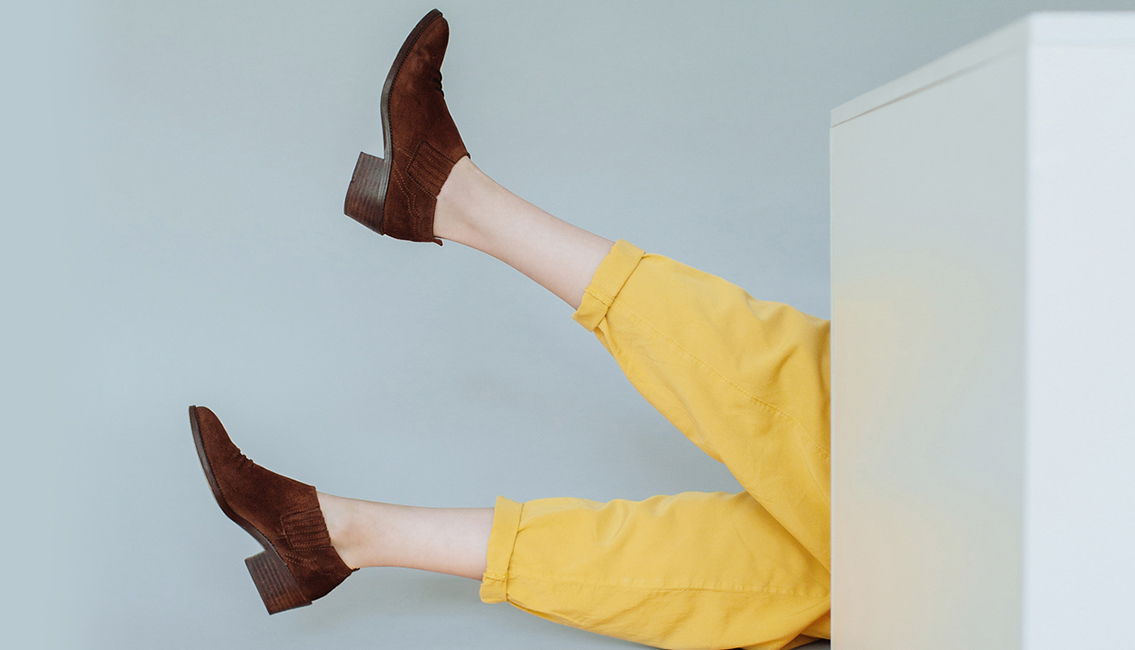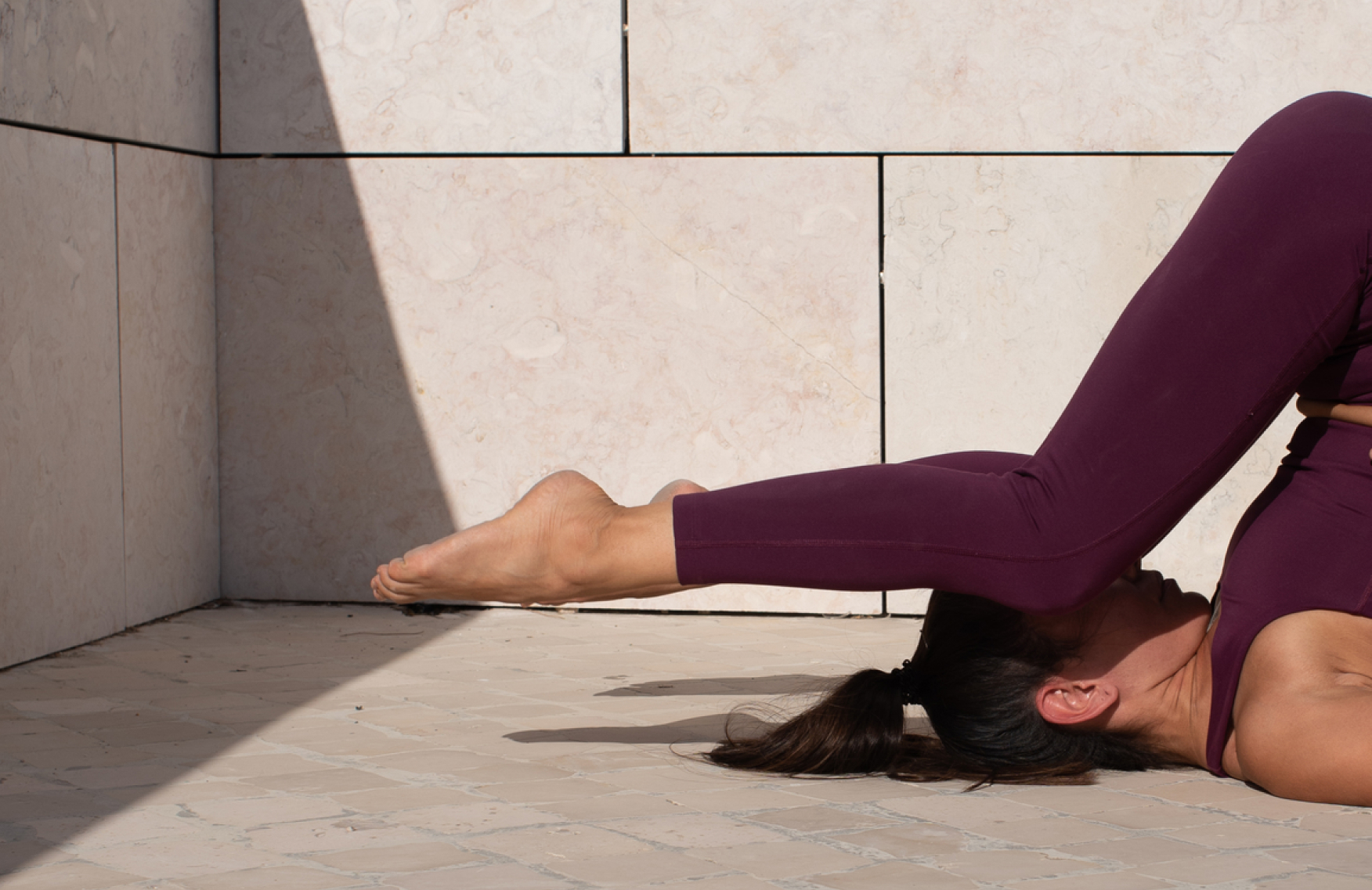Don’t be a martyr at work, it’s not a good look: 4 steps to take time off. Now.

Edited and updated May, 2022.
2020 didn’t just change the way we work—it changed the way we didn’t stop working, too. No commutes meant more computer time. Travel bans pushed vacation hours to the max with no chance of cashing in. Now, two years later, with many of us back to working in offices, there’s an even greater need to take time off to reset and relax.
Then there are the feelings of fear and guilt. “So many have lost jobs that there’s increased pressure to show up fully and be highly productive,” says Dr. Sara Gottfried, a Harvard-educated, board-certified MD and author of three New York Times bestselling books. “This is on top of a baseline of overwork for many of us.”
To maintain whole body well-being though, Dr. Gottfried notes that this is even more reason to take time off, no excuses. Work will absolutely go on without you, and to think otherwise can turn into an ego play. Here, Dr. Gottfried outlines how to stop being a work martyr and take care of yourself:
Burnout can manifest in cynicism, emotional distancing, a shorter fuse and feeling like you’re giving 100% but getting nothing in return. In short, just not caring like you used to. “Relentless workplace stress erodes health and identity until you’re a shell of who you once were,” says Dr. Gottfried, who also serves as Director of Precision Medicine at the Marcus Institute of Integrative Health, Thomas Jefferson University.
The lockdown meant more time logged on and increased around-the-clock accessibility. This fed our self-worth and soothed feelings of powerlessness over job security. But it also poured accelerant on anxiety levels—and created a downstream of consequences for co-workers who might end up feeling like they always need to be ready to perform. Work martyrs are at high risk for burnout, not to mention resentment from co-workers. If you’re struggling to take a day off, remember that burnout usually makes you less effective. Plus, most workplaces have levels of leadership or coverage teams in place, so someone can always be your backup. Taking time off is a proactive way to boost performance for more creative thinking and efficiency.
Easier said than done, but it’s an essential step. Time off should take on new meaning in our lexicon—one that’s less about destinations and more about recovery downtime. “This requires looking at your fears and understanding that you cannot give from an empty vessel,” Dr. Gottfried says. “It’s like an elite athlete who doesn’t take time to recover and the result is increased injury and inflammation.”
“I tell my patients a staycation, even short ones, helps fill the tank at a time when most of us are depleted,” Dr. Gottfried says. While a succession of days off, maybe weeks at a time, was once protocol, today recovery and renewal may have greater rewards when spaced out. Try taking off a Friday off one month, then a Monday the following month, to make a 5-day work week more digestible. And if time off starts turning into days to get chores done, put parameters in place. Write down what you’d do if you were on a destination vacation—chances are you’d go to the beach or read a book, not do the laundry, finish the dishes or check emails.
About the author: Jacki Marzano is SoCal-based storyteller and head copywriter at Murad Skincare. She’s shaped the voice of some of the most recognized beauty brands in the business, has a penchant for sharing homemade cookies, and believes SPF is the secret to getting carded well into your 40s.


